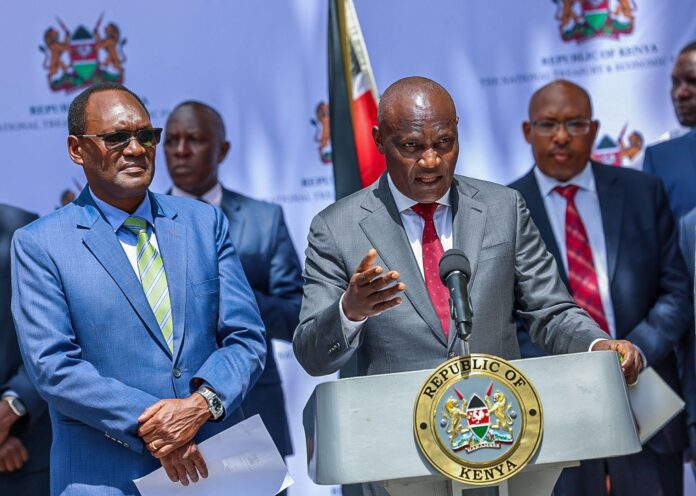The Kenyan government has unveiled the 2025/26 Financial Year Budget, marking a historic moment as it adopts a zero-based budgeting approach for the first time in the country’s history.
The move, according to the government, aims to enhance fiscal discipline, ensuring that every expenditure is justified.
The budget is aligned with President William Ruto’s BETA plan, which focuses on sustainable economic growth, reduction of the budget deficit to 4.3% of GDP, and restructuring state-owned enterprises to save over Ksh300 billion. Key areas of investment include education, healthcare, infrastructure, and energy.
Among the notable highlights is the extension of the Kenya Revenue Authority (KRA) tax refund processing period from 90 to 120 days and the audit timeline from 120 to 180 days. This change has drawn mixed reactions, with some businesses expressing concern over delayed refunds.
The Finance Bill 2025 also proposes critical tax relief measures, including an increase in the tax-free limit for allowances from Ksh2,000 to Ksh10,000 for private sector employees on official duties. It also clarifies the tax-exempt status of all gratuity payments and reduces the tax on digital assets from 3% to 1.5%, a move expected to promote the growth of the digital economy.
Furthermore, essential goods like solar and lithium-ion batteries, inputs for pharmaceutical manufacturing, and locally assembled mobile phones have been moved from VAT zero-rated to exempt status.
The budget aims to achieve a projected GDP growth of between 4.7% and 5.5%, bolstered by increased Foreign Direct Investments and economic resilience. Minister Chale emphasized that the budget is not just about expenditure cuts but about creating a sustainable path to economic prosperity for all Kenyans.
The 2025/26 Financial Year Budget has now been tabled for debate, with stakeholders across the country keenly observing its impact on their livelihoods.







